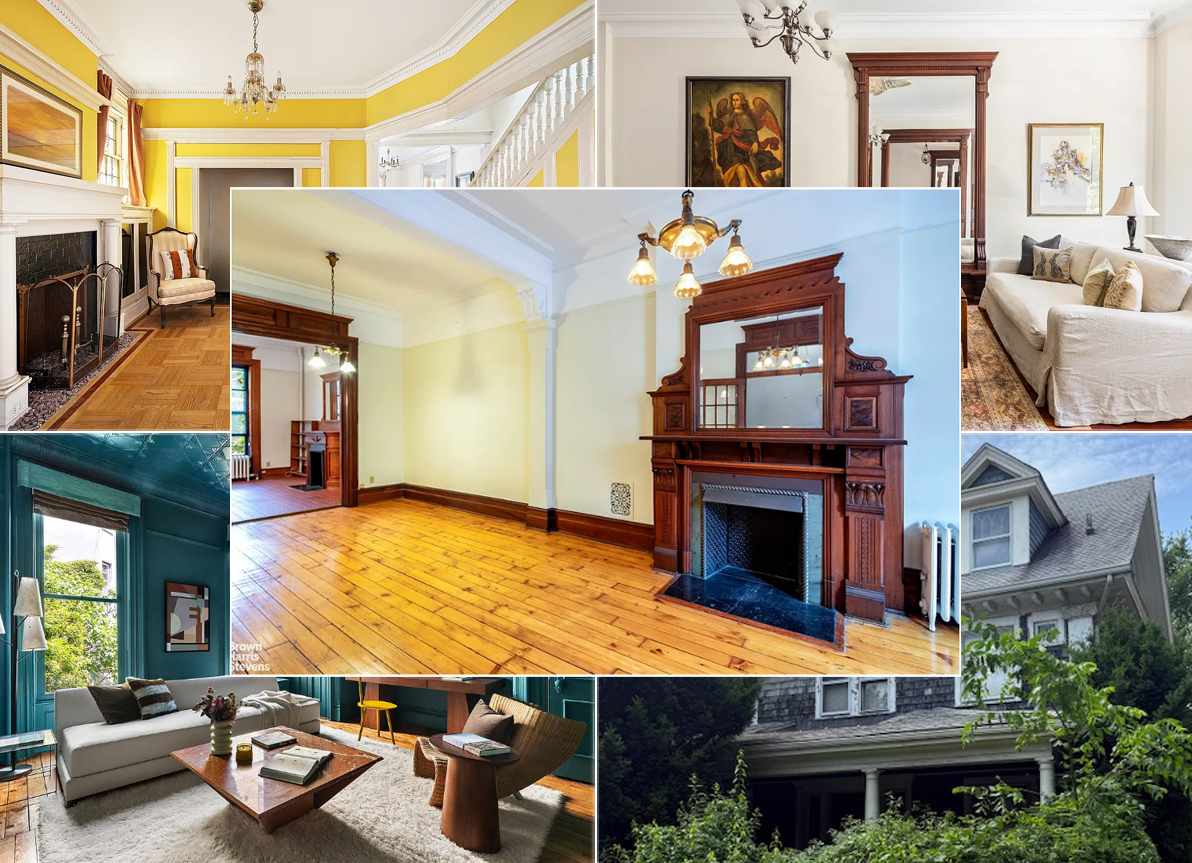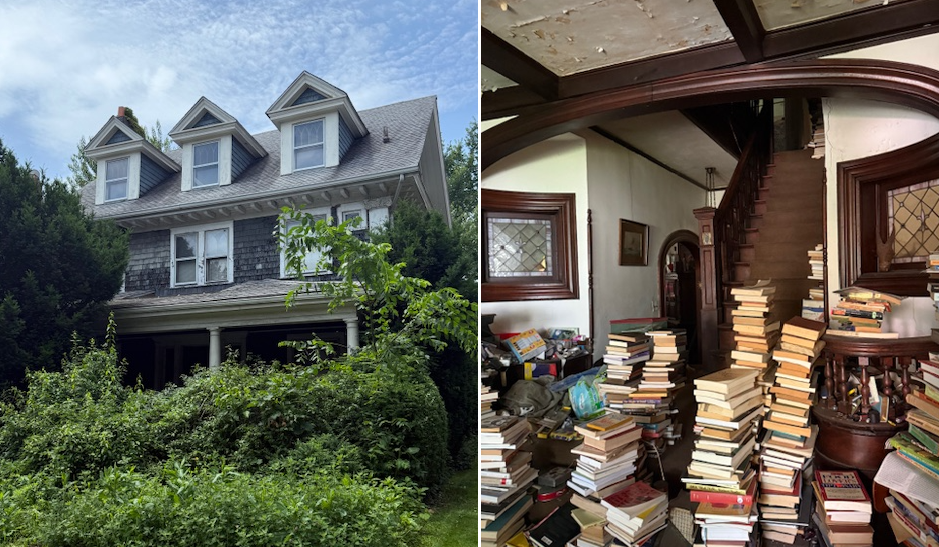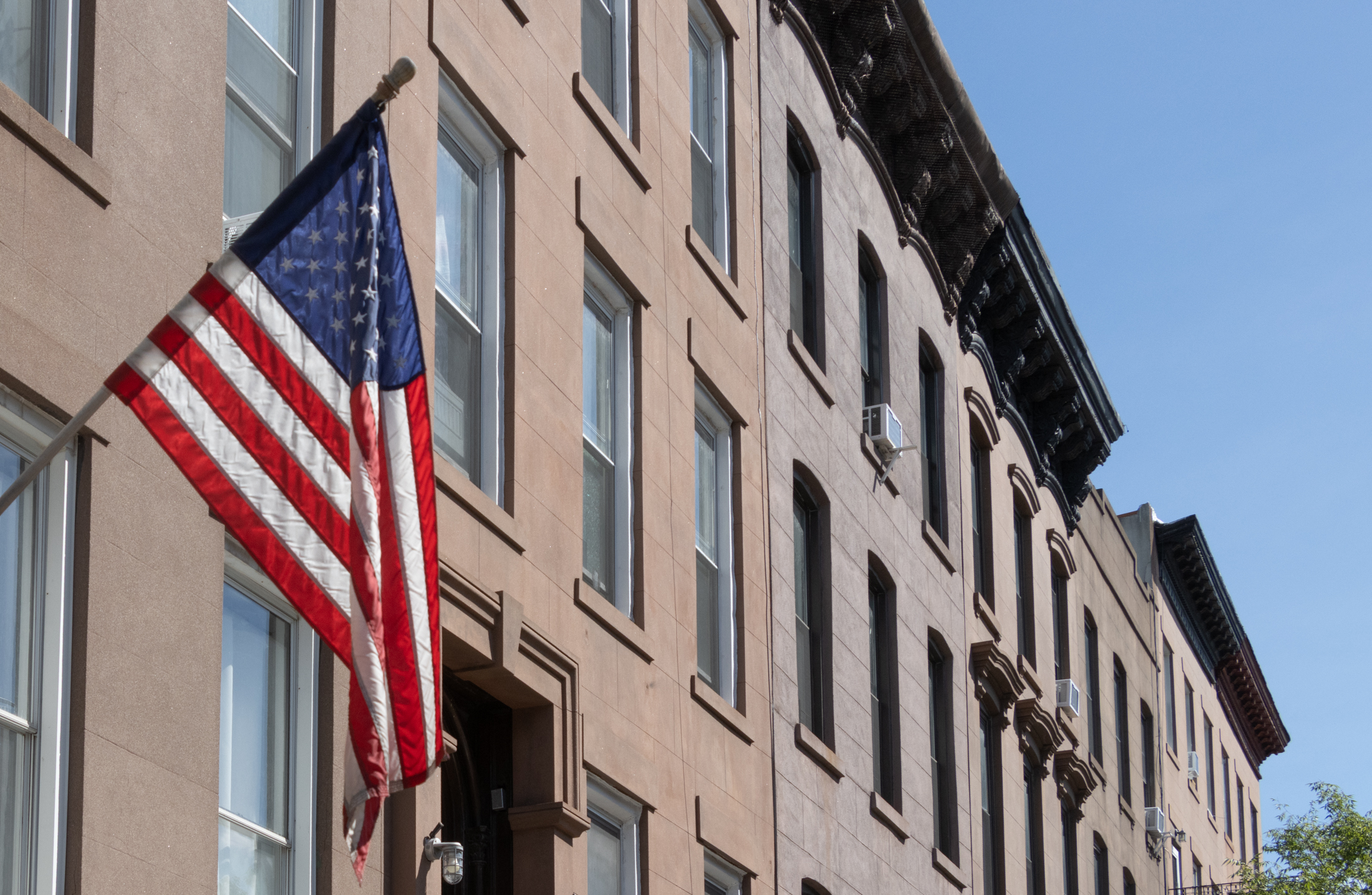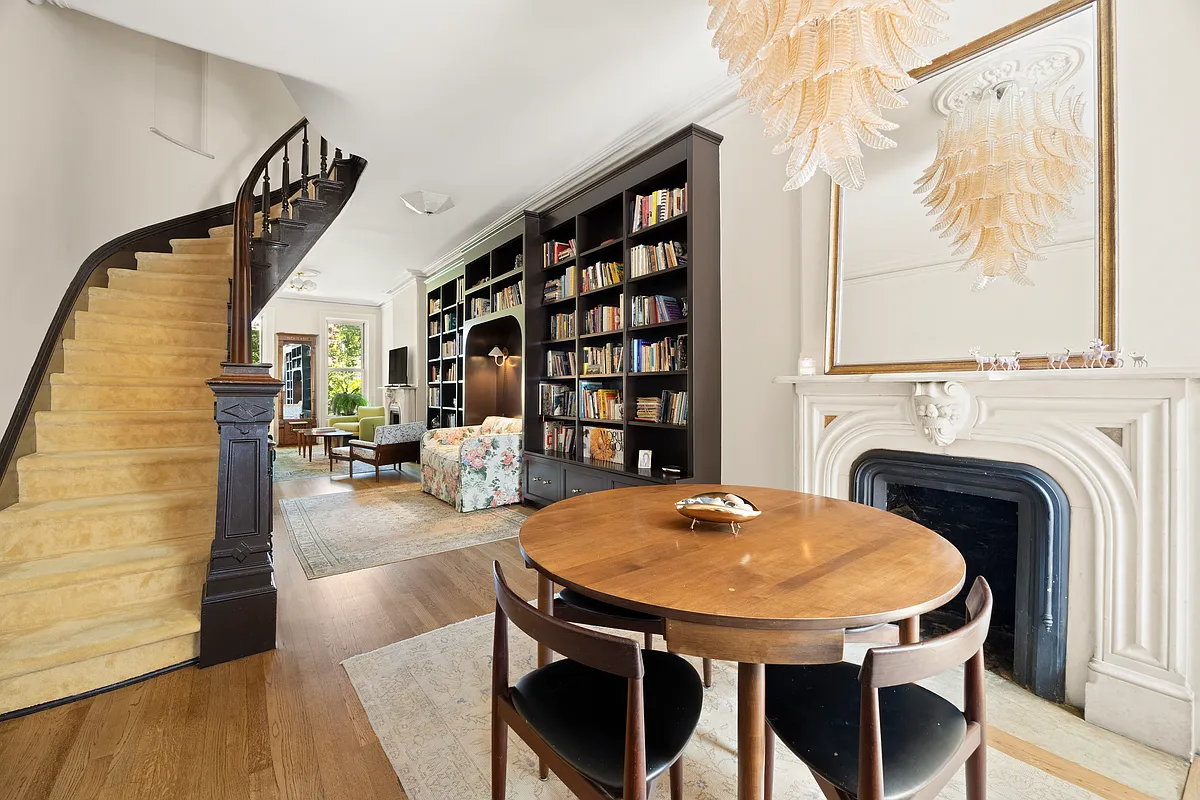Open House Picks
Park Slope 108 Berkeley Place Corcoran Sunday 12:30-2 $2,650,000 GMAP P*Shark Windsor Terrace 1604 10th Avenue Turner Structures Sunday 1-3 $1,775,000 GMAP P*Shark Windsor Terrace 247 Windsor Place Brooklyn Properties Sunday 12-2 $1,250,000 GMAP P*Shark East Flatbush 3325 Farragut Road Fillmore Sunday 1-3 $559,000 GMAP P*Shark

 Park Slope
Park Slope
108 Berkeley Place
Corcoran
Sunday 12:30-2
$2,650,000
GMAP P*Shark
 Windsor Terrace
Windsor Terrace
1604 10th Avenue
Turner Structures
Sunday 1-3
$1,775,000
GMAP P*Shark
 Windsor Terrace
Windsor Terrace
247 Windsor Place
Brooklyn Properties
Sunday 12-2
$1,250,000
GMAP P*Shark
 East Flatbush
East Flatbush
3325 Farragut Road
Fillmore
Sunday 1-3
$559,000
GMAP P*Shark





meh
I didn’t omit it — I just assume appreciation over the next 5 to 10 years will at best be zero (which obviously some people will disagree with). I completely understand that your property has appreciated since you bought it. That isn’t the same thing as what will happen in the next few years.
You yourself ignored appreciation in your post:
– Opportunity cost of 20% down payment, using a pretty conservative 6% after tax expected return: $2,650 per month
Tell me, what assumption did you make about the home’s appreciation when you came up with a $2,650 monthly charge for this down payment? 0% annual return?
FatLenny: The point is that you need to take BOTH things into account. No one is saying you should ignore appreciation. Look at the link you just sent me — it factors in “return on savings” or something like that, which is an inelegant way of saying return on investment (and factors into the formula in precisely the same way). Look at your link. Play with some numbers. Try to understand how the numbers work together and what they mean.
This isn’t a complicated point. At this stage you either get it or you don’t. I’m sure that everyone else gets it (and didn’t need it explained to them) and has stopped paying attention to this exchange.
OK, how about this one:
http://realestate.yahoo.com/calculators/rent_vs_own.html
There appear to be whole sections of assumptions that make my point, including the “Annual appreciation rate” that you’re assuming for your home.
I’m not making this stuff up: take a look at any online tool to help people calculate the rent vs. buy decision. They all (as far as I have ever seen) do things exactly as I have described, with opportunity cost included as I have detailed.
“You need to be able to say “I made more than I otherwise would have,” and you need to have a good argument based on your own opportunity cost.” I believe that was exactly my point, but we digress.
The issue is not which investment will perform better, as important as that question is. The point is that *BOTH* a down payment and a stock portfolio *ARE* investments. Reasonable people can disagree which will be more profitable. You may well be right that NY housing will undergo a correction like the rest of the country but that is speculation, not fact. So you decide now is not the right time to buy while someone else may have a differing opinion. Fine.
But it does not follow that your personal speculation figures into the relative affordability of a house the same way that mortgage interest, property tax, and heating do. These costs are truly costs. They are non-recoverable. With a down payment, you may win or you may lose like any other investment. But when you pay your electric bill or mortgage, you only lose. It is possible to win with your principal.
And I mean the brownstone is 50′ deep, not the lot.
And I mean the brownstone is 50′ deep, not the lot.